Do yoga teachers need coaches?
0I remember few years ago I got a new client who arrived to our first session with a list of issues that was about 2 pages long. It included things like sleep apnea, fibromyalgia, atrial fibrillation, vein thrombosis and peripheral neuropathy, just to name a few. I admit I had an OMG moment – “What am I going to do with you?!” Luckily, at the time I was in the middle of my therapist training, so I discussed the client with my mentor. In the course of our conversation it became clear that underneath it all, his main problem was trouble sleeping. I couldn’t do anything about the Marfan Syndrome, but I could certainly give him tools to sleep better.
I must admit, I miss that a lot – an opportunity to discuss a case with a knowledgeable peer. After we leave our training programs, we are usually left to our own devices and that can be a lonely place to be. That makes me wonder – do yoga teachers need on-going mentors, even as they become more experienced?
We expect top athletes to have coaches – does it mean that they don’t know what they are doing? Not at all. They need an extra pair of experienced eyes to point out their blind spots and take them to the next level. Same applies to vocal performers and musicians. Most other professionals have regular “performance evaluations” to make sure that they stay on the right track. On the other hand, most yoga teachers work in a vacuum when it comes to feedback from their peers. They are expected to shape their own evolution by furthering their experience, education and self-exploration. Does it mean that yoga teachers are immune from falling into a rut? That they can see clearly when they make mistakes and know exactly what to do to correct them? I doubt it. Yoga teaches are human, after all. Just like any other professionals, yoga teachers need an extra pair of objective eyes from time to time, not the eyes of their adoring students, to continue to get better at their craft.
 This post was prompted by an article Personal Best by Atul Gawandi that explores his take on coaching as it applies to athletes, teachers and surgeons. His conclusion? “With a diploma, a few will achieve sustained mastery; with a good coach, many could. We treat guidance for professionals as a luxury. But coaching may prove essential to the success of modern society.”
This post was prompted by an article Personal Best by Atul Gawandi that explores his take on coaching as it applies to athletes, teachers and surgeons. His conclusion? “With a diploma, a few will achieve sustained mastery; with a good coach, many could. We treat guidance for professionals as a luxury. But coaching may prove essential to the success of modern society.”
Of course, we often think that yoga is above it all. What is a definition of success for a yoga teacher, for example? How do we measure performance? With many other professions it’s more clear-cut – an athlete wins the Olympics, your HVAC specialist fixes your air conditioner, your web designer makes sure that the links on your site work, etc. What about yoga? Does class size matter? Does student’s feedback matter? Does the level of teacher’s own satisfaction matter? When we talk about teaching yoga we often use vague phrases like: “Teach from the heart”, “Everyone is on their own journey”, “Students will take what they need from the class” These are all true, but without a foundation they seem to promote this idea: “Teach whatever, it will do something for somebody”. But that just leaves us lost at the sea of possibilities and seems to suggest that a yoga teacher doesn’t bear any responsibility for what she teaches. We need some sort of framework that helps us evaluate ourselves and lays out a foundation for the objectives that we would strive to accomplish in a yoga class. This forms the science of the yoga tradition, no matter what lineage you follow. Everything else is an artistic expression of an individual teacher.
I believe that the foundation of any yoga class is an INTENTION of the teacher. What is the teacher trying to accomplish? Formulating a concise intention for the practice will make the selection of yoga tools much more purposeful. There are different types of intentions: more general (Ex: To mobilize major joints in the body; To increase breathing capacity) and more specific (Ex: To strengthen the lower back; To build energy; To facilitate mental clarity), etc.
Once the intention is set, we need to make sure that every element of the practice is chosen with the purpose of actualizing this intention. There shouldn’t be anything random or unrelated if we want the practice to be effective. When we talk about a “successful” yoga practice, we basically mean that the teacher was able to set an intention and manifest it through her choices; that there was consistent logic in structuring and delivering the practice and that is was appropriate for her students.
This is where a good coach/mentor would come in. After observing or participating in a class, a mentor would ask the teacher questions like: “What did you want to accomplish?” “Why did you choose these elements?” “Why did you organize them this way?”, etc. And may be mentor would have some suggestions about teacher’s choices, timing, language, etc. that would make the practice more safe and effective.
The argument that I hear a lot is: “Not everybody will have the same response to the practice”, therefore the feedback is subjective. It’s true. There are always predictable and unpredictable responses. For example, if you work on gradually deepening student’s exhalation in the course of the practice it will predictably activate their parasympathetic system (“rest and digest” mode). That’s a normal physiological response. But for somebody it might stir things up and promote some sort of agitation. And that’s fine too. You cannot possibly predict how each individual student reacts to the practice, but you can set a structure in place that will hopefully move them in the direction of actualizing your intention.
What would you have to gain from a coach/mentor? An extra pair of eyes that might see what you don’t see, additional ideas and assistance in overcoming personal obstacles, an opportunity to discuss things with a knowledgeable peer. By having this conversation we can learn from each other, get a fresh perspective on a problem, challenge our habits a bit. The way Atul Gawandi puts it in his article: “That one twenty-minute discussion [with his coach] gave me more to consider and work on than I’d had in the past five years.”
Of course, we are all concerned about exposure; being judged and misunderstood. But coaching is not about criticism, it’s about new ways of moving forward, avoiding burn-out and continuous learning. One of the contributors to a Facebook group for yoga teachers Marc Woolford recently wrote: “As an investigative science, it [yoga] can serve to liberate people from misconception… If you meet a teacher that fiercely closes their ears and eyes to other possibilities than their own model of understanding, you have met a ‘believer’ in service to themselves, rather than someone that is interested in being of service to others.” Beautifully said, Marc!
As yoga teachers we usually encourage our students to open their minds and hearts; how else would we be able to receive new things? Isn’t it about time we follow our own advice and learn to receive gracefully? Personally, I know that I would love a yoga coach and would love to serve as one. How about you?



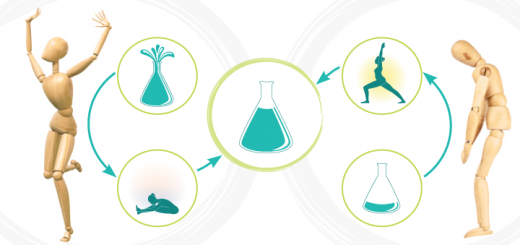


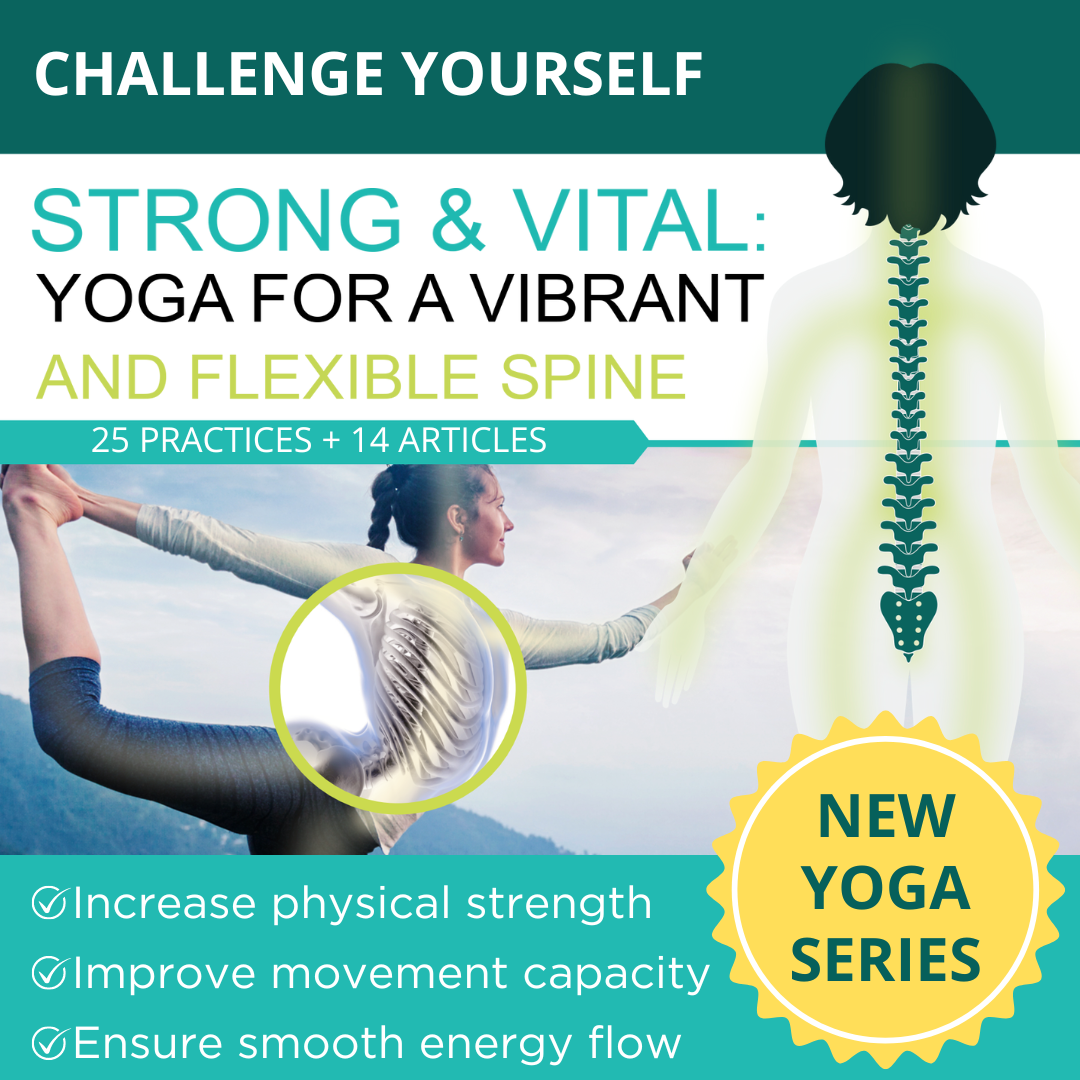
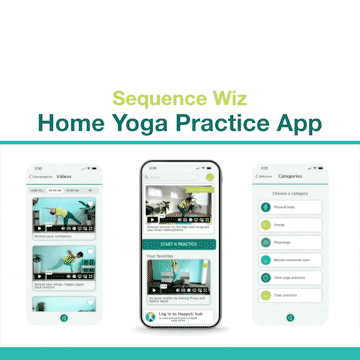
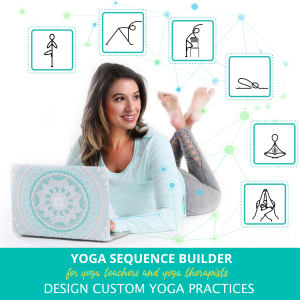


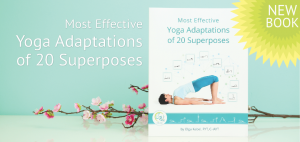
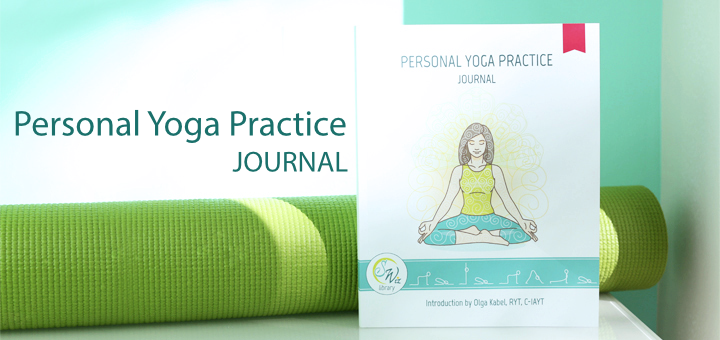
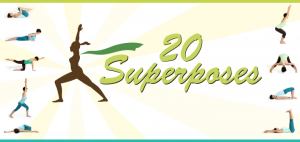






Thank you for this post, Olga. It reflects what I have thought about a lot in the years since finishing teacher training. I’m not sure what it’s like for those of you living and teaching in urban settings, but in my rural area I am the only yoga teacher within 30 miles. In some ways that is beneficial, in that I don’t have to “compete” with with the yoga trends that come and go, and also I have mostly a consistent group of students who I can really get to know. On the other hand, it can often feel like a yoga wilderness. Certainly, blogs and online forums help a lot, but there’s nothing like the one-on-one conversations that you write about… insightful questions and constructive feedback that can support us in clarifying our intentions and honing our skills. I would love to brainstorm with others about how we could create that.
Hi Terry! Thank you for your comment. One thought that I had on the subject of peer feedback is to open a discussion group on my website http://www.sequencewiz.com so that teachers who are interested could post their sequences and may be even videos of the classes there and ask for feedback from others. I don’t know if there would be any interest in that. What do you think?